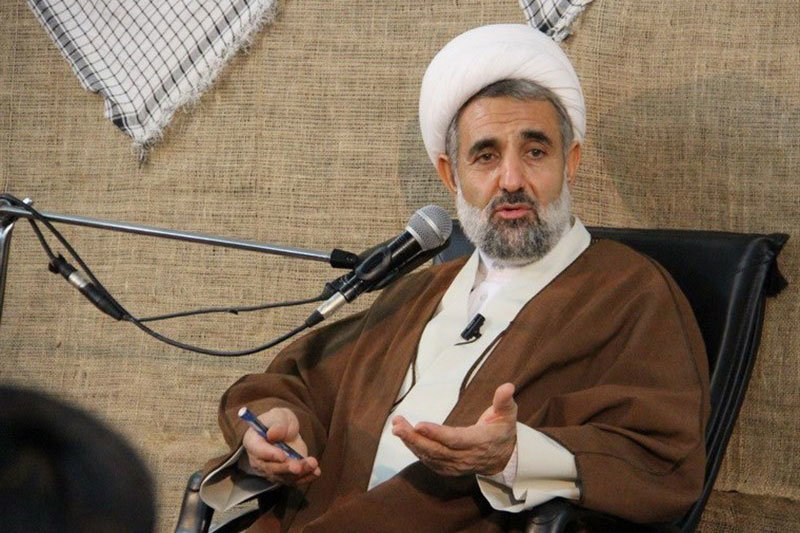MP: Iran needs 90% uranium for maritime propellers

TEHRAN – A senior MP, Mojtaba Zonnur, has said that Iran needs to have 90% uranium to set maritime propellers working.
President Hassan Rouhani in November 2016 ordered the development of a nuclear-propulsion system for vessels, describing the move as a retaliatory response to an extension of sanctions by the U.S. Congress for another ten years.
Rouhani also requested a study of fuel production for the propulsion system and set a three-month deadline for a progress report on both steps.
Iran said back then that the sanctions renewal breached an international nuclear deal finalized between the country and six world powers, including the U.S., a year earlier.
Under the 2015 nuclear agreement, formally called the Joint Comprehensive Plan of Action (JCPOA), Tehran accepted limits on its nuclear program in exchange for termination of Western-led economic and financial sanctions.
Zonnur, the head of the Majlis National Security and Foreign Policy Committee, told Fars news agency on Sunday that besides the need for 90% enriched uranium for propellers, Iran may precipitate the completion of a new reactor and even rebuild an old reactor in Arak which has undergone tone-downs under the 2015 nuclear deal.
Before the deal, Iran was enriching uranium up to 20%, but after, it reduced the limit to 3.67%.
“The other parties [to the deal] have not kept up their side, so we are changing our level of commitment to the JCPOA. So today any level of enrichment is meaningless to the Islamic Republic.”
The senior lawmaker was speaking hours after Tehran officially announced that it was leaving the 3.67% limit behind in retaliation for sanctions that have been imposed on Iran despite the deal.
The announcement was made in a joint news conference by Deputy Foreign Minister Abbas Araqchi, government spokesman Ali Rabiei, and Atomic Energy Organization spokesman Behrouz Kamalvandi in Tehran.
During the presser, Kamalvandi said Iran starts increasing uranium enrichment from the current 3.67% to a level that fulfills the needs of its power plants.
“This was a measure the Islamic Republic had in mind and also declared previously,” he said.
Kamalvandi also said Tehran has not yet decided on the level of enrichment for the Tehran research reactor.
On May 8, Iran’s Supreme National Council (SNSC) declared Tehran’s exit from “certain” obligations under the landmark agreement and gave a 60-day deadline to the remaining JCPOA signatories to protect Iran’s interests against U.S. sanctions, or it will restart high-level uranium enrichment.
It came exactly a year after President Donald Trump withdrew the United States from the JCPOA. The exit followed by imposing the harshest ever sanctions on Tehran in a clear violation of the UN Security Council resolution 2231 and pressuring other countries to violate the same resolution by cutting economic ties with Iran.
SP/PA
Leave a Comment